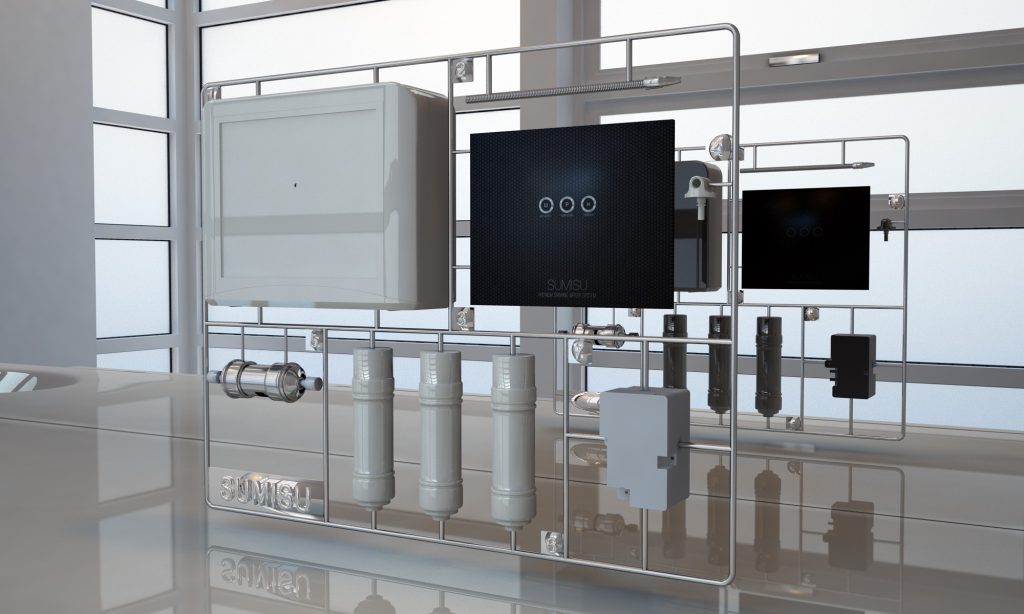The Future of Water: Hydrogen Purification Systems Unleashed
Water is essential for all forms of life on Earth, but its availability and quality are becoming increasingly uncertain in many parts of the world. With the rising global population and the impacts of climate change, the demand for clean and safe drinking water is only expected to grow. Fortunately, advancements in technology are paving the way for innovative solutions to address this pressing issue. One such solution that holds great promise for the future is hydrogen purification systems. Hydrogen purification systems utilize a process known as electrolysis to produce clean drinking water from various water sources, including seawater, wastewater, and contaminated groundwater. The system works by separating hydrogen and oxygen molecules using an electric current. While the oxygen is released into the atmosphere, the hydrogen is collected and used for various purposes, including powering fuel cells or producing electricity.

The key advantage of hydrogen purification systems is their ability to not only provide clean drinking water but also generate a valuable energy source. By harnessing the power of hydrogen, these systems can contribute to a sustainable and circular economy. Hydrogen can be stored and transported easily, making it a versatile energy carrier that can be utilized for various applications. Furthermore, hydrogen purification systems can also help address the issue of water scarcity. As traditional freshwater sources become scarcer and polluted, the ability to convert abundant seawater into drinking water becomes increasingly important. Desalination plants, which utilize hydrogen purification systems, have the potential to provide a reliable and sustainable source of drinking water for coastal communities around the world.
The potential applications of hydrogen purification systems go beyond addressing water scarcity. They can also play a crucial role in disaster response and emergency situations. When natural disasters strike, access to clean water becomes a matter of life and death. Portable hydrogen purification systems can be quickly deployed to affected areas, providing immediate relief by converting contaminated water into safe drinking water. Although hydrogen purification systems offer immense potential, there are still some challenges that need to be addressed. The technology is relatively new and still in the development phase, which means that further research and investment are needed to make it more efficient and cost-effective. Additionally, the infrastructure required to support hydrogen production and distribution needs to be established on a larger scale.
Despite these challenges, the future of water looks promising with hydrogen purification systems at the forefront of innovation. As the demand for clean water continues to grow, these systems have the potential to revolutionize the way we purify and distribute water. With further advancements in technology and increased investment, hydrogen purification systems May loc nuoc Hydrogen Mutosi could become a sustainable and reliable solution to ensure access to clean drinking water for future generations. The future of water lies in harnessing the power of hydrogen purification systems. These systems not only provide clean drinking water but also offer a valuable energy source. By utilizing abundant water sources and converting them into safe drinking water, these systems have the potential to address water scarcity and improve disaster response efforts. With continued research and investment, hydrogen purification systems could pave the way for a sustainable and water-secure future.
